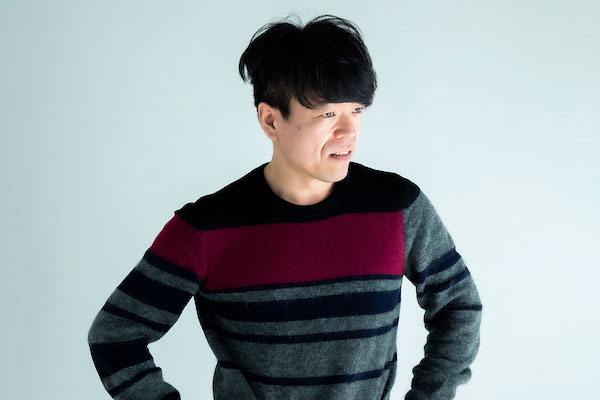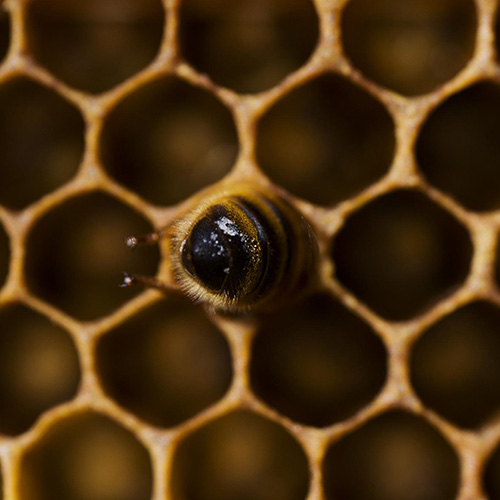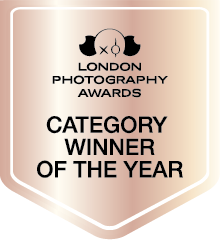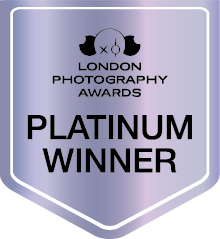
Kazuki Watanave
1. Can you introduce yourself and talk about how you got into photography?
I was born and raised in Tsubame City, Niigata Prefecture, Japan. Some people may be familiar with the name
2. Where did you study photography?
I entered in Tokyo Polytechnic University, Faculty of Arts at the Department of Photography, where I studied in the laboratory of Professor Eikoh Hosoe. I then worked for about 6 years as an assistant of Photographer Setsuo Hirosaki who mainly took architectural photos.
3. Do you remember your first shot? What was it?
Thank you for your nice question! My first shot was probably of a pro wrestler taken with Fujifilm
4. What equipment do you use?
I mainly use a Hasselblad H5D-50C and Profoto B1X.
5. What do you hope to achieve?
I hope to hold a photo exhibition of my works in the United Kingdom!
6. What compliment inspired/touched you the most?
Recently, I had the honour of contacting the president of Tokyo Polytechnic University to share the news of my triumph at the London Photography Awards. During our conversation, I was deeply moved when the president observed,
7. What inspires your unique storytelling?
I am still developing and searching for what inspires my storytelling, but I will try to put into words as accurately as possible to what actually happened in front of me and what I felt at the time. And when it is difficult to verbalise, I try to watch David Lynch's movie "Mulholland Drive". Watching this movie always opens the lid of my dormant senses and ideas come to me.
8. What THREE (3) words describe your photography style?
Life, gratitude, and straight.
9. Congratulations! As the winner of the London Photography Awards, what does it mean for you and your team to receive this distinction?
Thank you very much! Winning the Category Winner of the Year in Fine Art Photography is a very important milestone in my photographic life and a turning point for the future. It also definitely became a motivator for me to create new fine art photography in the future.
10. Can you explain a bit about the winning work you entered into the 2023 London Photography Awards, and why you chose to enter this project?
The winning work
11. How has winning an award developed your career?
Since I just received the award, there is nothing that I can call career advancement yet, but I am sure that I am feeling the repercussions of this award in Japan. The other day, my old school, Tokyo Polytechnic University published a press release with an article about my awards.
Also, I was given the opportunity to exhibit this winning work - "HARVEST" at the "Tokyo Polytechnic University 100th Anniversary Exhibition
12. Name 1-3 photographers who have inspired you.
Helmut Newton, Eikoh Hosoe and Akira Naito.
13. What was the best piece of advice you were given starting out, by a mentor or your role model?
In my fourth year of university, I became an assistant to Setsuo Hirosaki, a photographer who mainly shot architecture and interiors. He was a taciturn man, and he wasn't usually the type to give me advice in his words. Therefore, it could be said that his photographic techniques and the act of shooting itself became his advice. He was the type of person who would take the time to observe his subject before shooting them.
Rather then looking through the viewfinder of the camera, he would use his naked eye to judge the viewpoint from which architecture would look the most beautiful, the light that would illuminate the subject, and the best composition. This is still the basis of my shooting style, whether the subject is architecture, portraits, or bees.
14. What advice would you give someone who would like to become a photographer today?
To value the originality of the work. In other words, I get excited by images never seen before, and I always want to be a photographer who can also take such photographs. Therefore, my advice is to take unique photographs that only you can express.
15. What is your key to success? Any parting words of wisdom?
I think it is curiosity and the ability to take action. In the process, to cherish all encounters with people, animals, and the environment and make a thorough effort on your photographs. Professor Eikoh Hosoe once said, "Photography is the art of encounter
16. How do you stay in that space of being receptive to new information and knowledge?
I think it is important to reflect upon what is new information for you. It may be important to go to see the latest building to get new information, but you can also get new information from old books and movies. Last year at my parents' house, I found a wet collodion photograph of a portrait of my ancestor from 150 years ago.
The blue silver-exposed on the glass plate looked new to me, and I was reminded of how beautiful the photograph is as a material. Therefore, I think it is important to always have a sense of flexibility when it comes to acquiring information and knowledge.
17. Anything else you would like to add to the interview?
I would like to thank once again the judges and staff of the London Photography Awards. And to everyone reading this interview, if you ever come to Japan, please come to Tsubame-Sanjo as well as Tokyo. Let's go to


